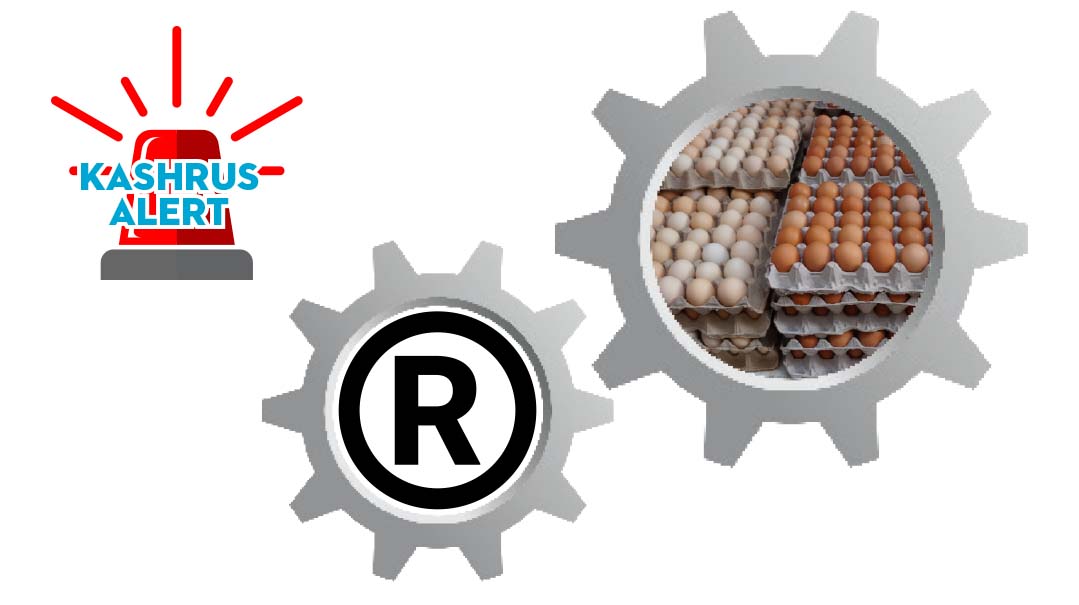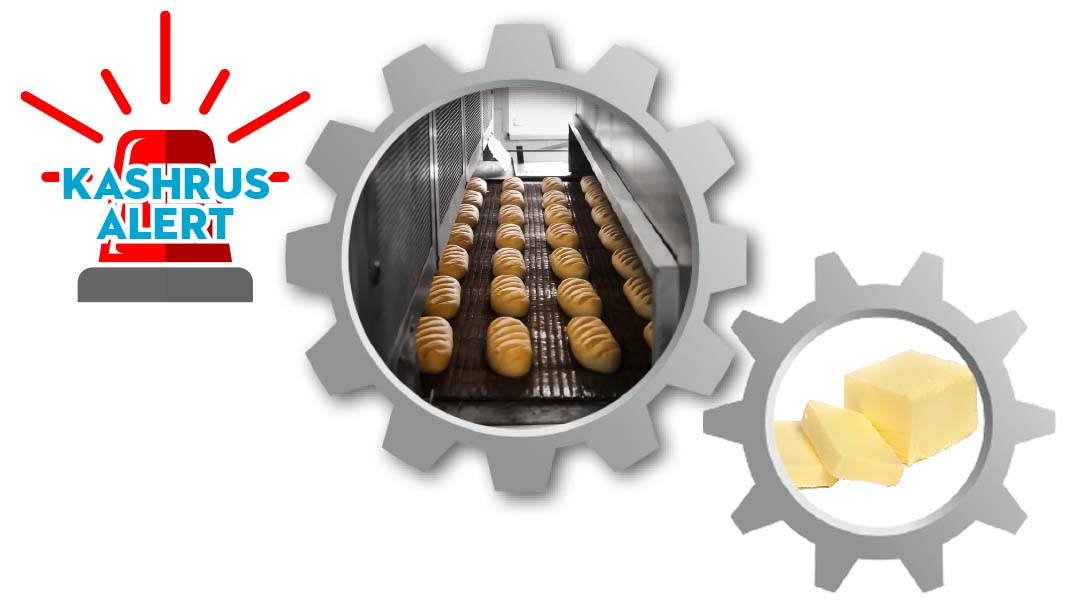Tricks & Shticks
| November 16, 2021Something seemed strange to me, though I couldn’t put my finger on it.

Working with non-Jews who don’t value the concept of kashrus can be challenging. It’s especially challenging when dealing with people who seem to enjoy making a game out of it, trying to do all sorts of sneaky tricks and shticks. Here are two examples:
A certain company used to have our hechsher on a certain product. Because of certain issues, we stopped giving kosher certification to products from that company. But did that bother them? No siree, it did not. They figured, hey, if no one’s coming around anymore to check on us, how will they ever know that we’re continuing to put their stickers on our products? They knew our hashgachah was based in Happy Town (real name changed, of course), so they shipped products to Happy Town sans stickers, but the rest of the district received the falsely labeled products! These are people who enjoy being deceitful and trying to get away with it. They have no concept of din v’cheshbon. I’ve worked with factories that seem to relish it, and get a kick out of tricking us.
Coronavirus has just made things more complicated, especially in foreign countries. Because of travel restrictions, yotzei v’nichnas has become more complicated; it’s harder to pay a surprise visit these days, and that makes the hashgachah less safe. We are more liable to lose control. I recommend being very careful with food imported from China, where the quality of hashgachah has really decreased.
On another occasion, we were supervising the production of a type of cheese in a super fancy, high-tech company. Each machine had its own screen with its recent activity displayed on it, so that you could see when each one was used last, for which food, at which temperature, and for how long. That’s very helpful for the halachah of ben yomo, which requires that before kashering treif utensils, they are not used at all for 24 hours. It was easy to see on each kettle’s screen when it was used last, and to ensure that it had rested for the required 24 hours.
For this run we needed three kettles. The owner handed us the printouts from all three kettles, showing that each had rested for 24 hours. I also checked the actual screens. I played around on the computer a bit, because I had a funny feeling about it. Something seemed strange to me, though I couldn’t put my finger on it. When the owner was out of earshot, I asked the workers which number kettle each one was, but their answers confused me further. Something was not matching up. After trying to figure out what, exactly, was going on, the sticky truth came to light. Only one of the three kettles had, indeed, rested. But using the high-tech computer system, the owner had changed around the names of the kettles, so Kettle One — rested. Kettle Two — became Kettle One, which rested. Kettle Three — also became Kettle One. So it also rested. But really, only Kettle One had actually not been in use. The other kettles had been used for a previous, nonkosher, run!
As Chazal tell us, l’sheker ein raglayim, lies don’t have legs to stand on. You play around long enough, ask enough questions, merit enough siyata d’Shmaya, and the truth comes through.
Fun Fact
According to the FDA (Food and Drug Administration), the use of computerized systems in the food processing industry is increasing all the time .
(Originally featured in Mishpacha Jr., Issue 886)
Oops! We could not locate your form.





